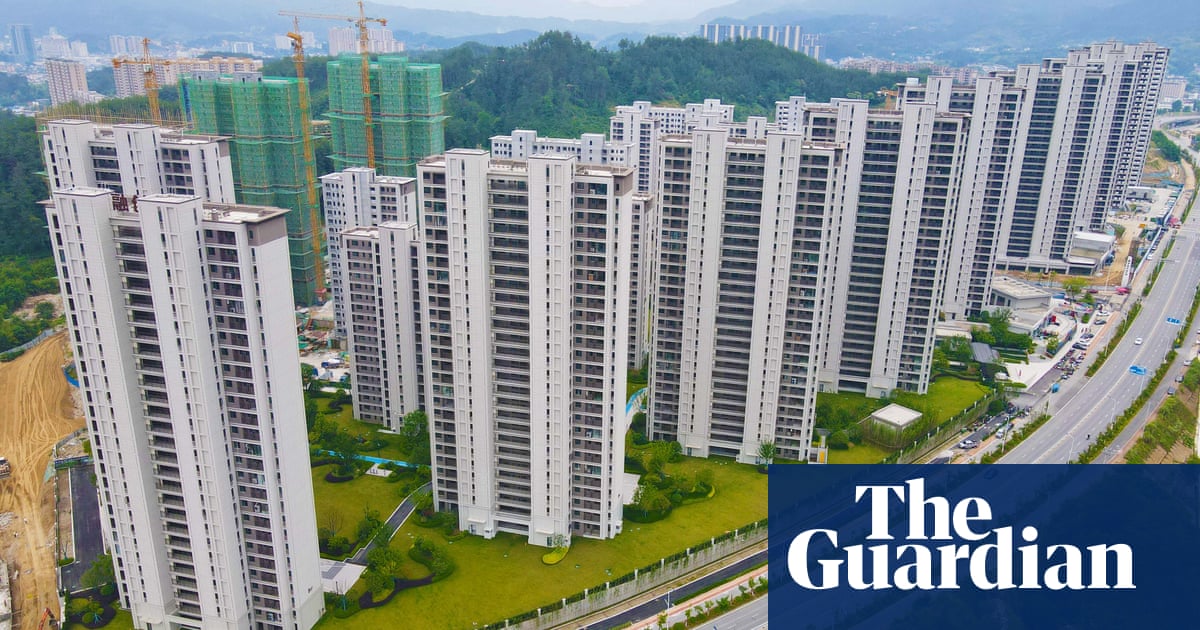The industry that has traditionally powered about a quarter of GDP has been in a downward spiral that policymakers have struggled to halt
All across China, from Beijing in the north, to Shenzhen in the south, millions of newly built homes stand empty and unwanted. There were nearly 391m sq metres of unsold residential property in China as of April, according to the National Bureau of Statistics. That is the equivalent of Manchester and Birmingham combined – and then some – sitting as vacant, unwanted property.
This glut of idle property has caused a headache for the government, shaken the world’s second largest economy and raised tensions over the purpose of housebuilding in a nation where property investment had been viewed as a safe bet.
Since the real estate sector was sent into a tailspin in 2020, caused by the pandemic and a sudden regulatory crackdown, the industry that has traditionally powered about one-quarter of GDP has been in a downward spiral that policymakers have struggled to halt.
The crux of the problem is that, with shaky faith in the economy and big property developers failing to deliver on paid-for apartments, potential homebuyers are keeping their money out of the market.



I, too, like evaluating investments based on “how easy is it for me to make” rather than “what is the risk/return.”
you do? I’m very happy for you then. no-one else is evaluating anything here, so I’m glad you’ve found something to occupy yourself with.
Is this a common thing in the US? Evaluating investments based on how easy they are to make, independent of their PnL?
I wouldn’t know. you’re the only person evaluating investments that I know of.
You claimed that real estate is one of the easiest ways for people to invest their money.